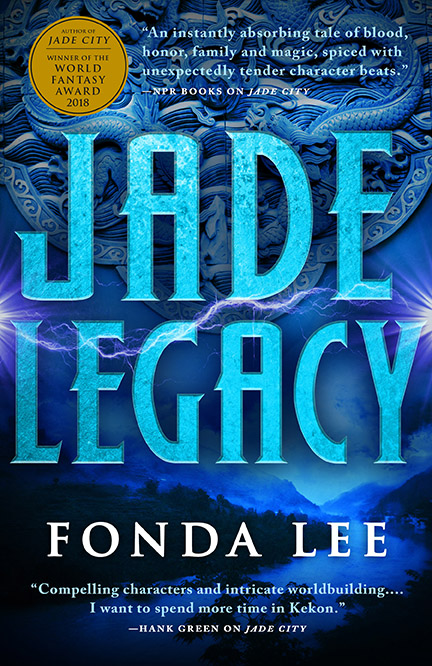

Plays when Quistis speaks with Squall in the secret area of the Training Center. Plays during the Graduation Ball, when Squall first meets Rinoa. Plays during the Triple Triad card battles. Plays in Balamb Town and in the Shumi Hotel. Also plays when Squall jumps down from the carousel clock in Deling City. Plays when Squall, Zell and Selphie run to the beach of Dollet. Plays during suspenseful moments, such as when the party is being chased by the X-ATM092 and when Zell, Quistis, and Selphie go find Squall in the prison.

Incorporates the song " Final Fantasy" at a slower tempo, followed by the " Prelude" in similar fashion. Plays when the Communications Tower in Dollet begins its transmission. In Final Fantasy VIII Remastered, this theme plays during the credits sequence that may be selected from the main menu. Also plays during the clash of the Gardens when Galbadians on motorcycles start invading Balamb Garden. Plays at the beginning of the Siege of Dollet, when the SeeD forces reach the shores. The theme for SeeD, plays during mission briefings and related scenes. Plays in the Fire Cavern, Tomb of the Unknown King, Trabia Canyon, Centra Ruins, and the entrance of the Shumi Village. Also plays when the party finishes rehearsal for the Garden Festival. Plays after winning battles and Triple Triad games. The Black Mages have covered more themes from the Final Fantasy VIII soundtrack than from any other soundtrack in the series. The soundtrack received mixed reviews, being called "one of the most memorable scores you will ever hear" by some sources, and yet being pointed as "dull" by others. The song's naming was also inspired by 1986 novel by Chilean writer Enrique Barrios, entitled Ami, el niño de las estrellas. The composition "Ami" derives from the French word ami for "friend". The Final Fantasy VIII soundtrack was the first for all of its tracks to bear English language titles, with minor deviations. The romance between Squall and Rinoa resulted in the creation of the game's vocal theme, " Eyes on Me". The only times he decided to include a personal theme was whenever a character was highlighted.

Uematsu wrote no character themes for Final Fantasy VIII because he found them largely ineffective. It's important to know when their emotions are at their height, but it usually takes until a month before release for them to finish the ending dialogue! He could not express a character's emotions solely with plot, instead using images of appearance and attire. Uematsu wrote notes based on character designs and screenplays, creating a general picture of the songs' moods. Uematsu did not use multiple sources to find MIDI instruments, instead using a Roland SC88 synthesizer for the entire score.


 0 kommentar(er)
0 kommentar(er)
